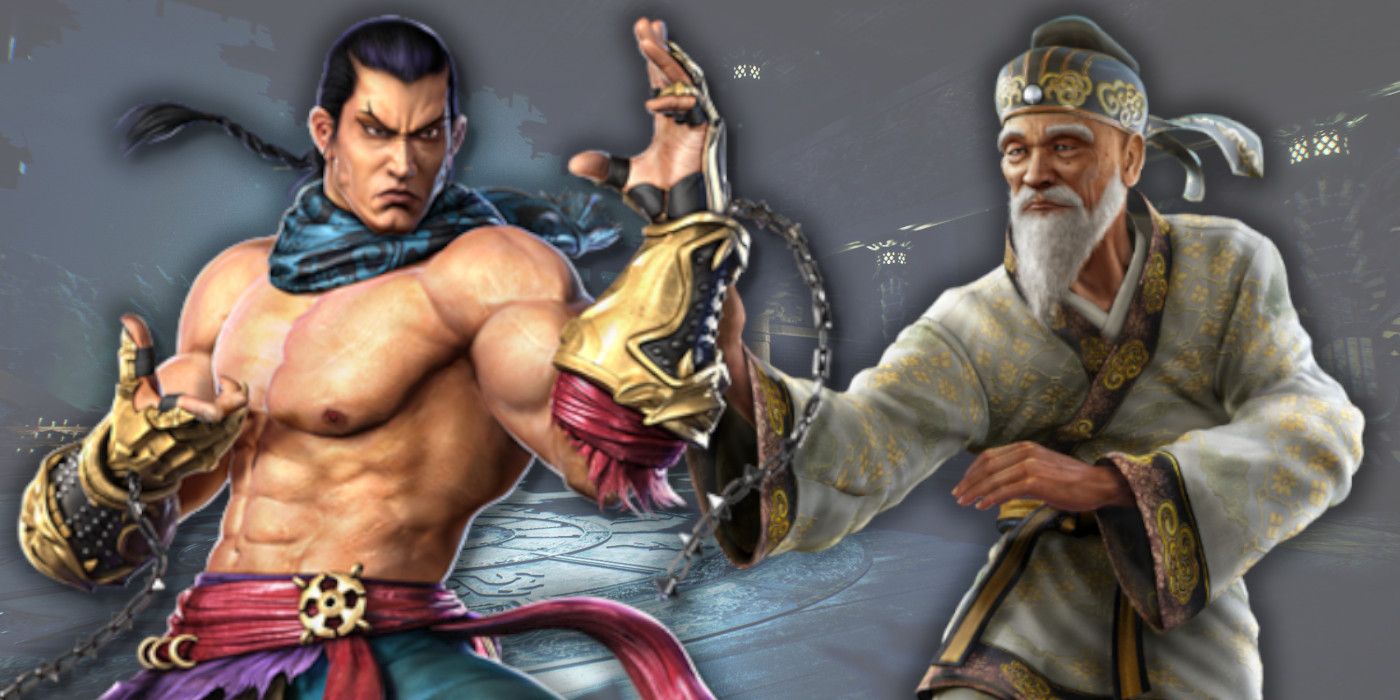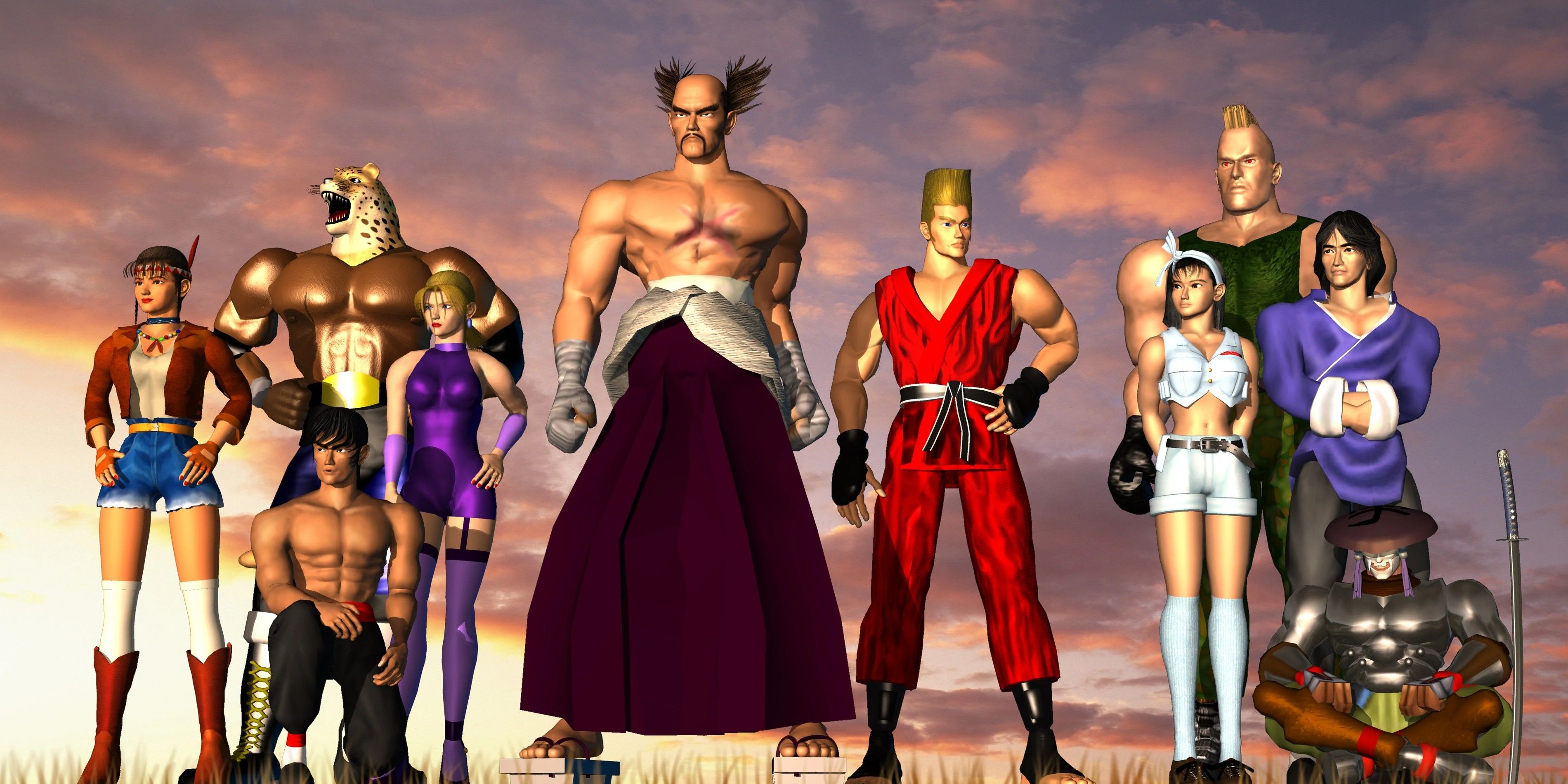The ever-changing roster of fighters from the Tekken series borrows from many influences. However, the DNA of classic kung fu movies stands as one of the most prevalent inspirations for the fighting game franchise's characters and moves.
Specifically, Tekken's developer Bandai Namco borrows most heavily from older eras of kung fu originating from Hong Kong and China. These films - which include the works of filmmakers like The Shaw Brothers, Jackie Chan, and Bruce Lee - have explored a wide variety of martial arts styles and character archetypes over the years. As a result, they've supplied a near-endless reserve of inspiration for Bandai Namco to take from. Some of these influences are direct copies, while others are more subtle. Regardless, the strength of kung fu cinema's influence on Tekken is best seen in its characters.
For many players, the first character whose appearance screams "kung fu film" is none other than Marshall Law. It's no secret that the fighting game genre loves to include references to Bruce Lee, and Marshall is no exception. Apart from looking a lot like Lee, Law's fighting style and movements are all essentially copied from the actor's filmography. Even Lee's most famous technique, the legendary one-inch punch, appears in Law's move list. These influences can also be seen in Law's son, Forrest, as well as the techniques of Lee Chaolan. In addition to relying on Bruce Lee's posture and style, all three characters emit the actor's trademark high-pitched battle cries as they fight.
Which Tekken Characters Homage Kung Fu Films
The next kung fu film references one might notice are in Tekken characters like Lei Wulong and Leroy Smith. The former adopts the mannerisms of the one and only Jackie Chan, while the latter hails to more modern films as an homage to the Ip Man series of films. Lei's design is especially impressive as a film reference due to the character's extensive move list, which borrows a wide variety of moves and styles from Chan's films. Even unorthodox styles such as Drunken Fist are represented with faithful accuracy to his movies. Meanwhile, Leroy's move list retains the picture-perfect technique of a traditional Wing Chun master. Comparing many of his attacks to Donnie Yen's performance in Ip Man reveals many striking similarities.
However, Tekken's love of kung fu cinema reaches back even deeper than the works of Jackie Chan and Bruce Lee. Characters such as Feng Wei and Wang Jinrei serve as direct homages to movies such as Five Deadly Venoms and Crouching Tiger, Hidden Dragon - both aesthetically and otherwise. Both characters in the fighting game resemble two variations of an archetypal kung fu master seen throughout wuxia, a genre of Chinese fiction focusing on the adventures of martial arts masters in ancient China. While Feng is representative of a young and embittered shaolin monk, Wang appears as a much older, wiser kind of kung fu master. He's the kind of character who might appear as a beggar at first, only to be revealed as a master later on in the film.
The beauty in Tekken's love for kung fu films comes in how faithful their interpretations truly are. Long hours can be spent comparing the details of each move set, which often exceed 100 different attacks, with their film inspirations. Often, moves act as direct references to choreography performed by actors in these films, and it just goes to show the level of research that Bandai Namco undergoes for each character (whether they're inspired by kung fu cinema or not). This, along with many other factors, is one of the many reasons that Tekken succeeds as a fighting game franchise.


